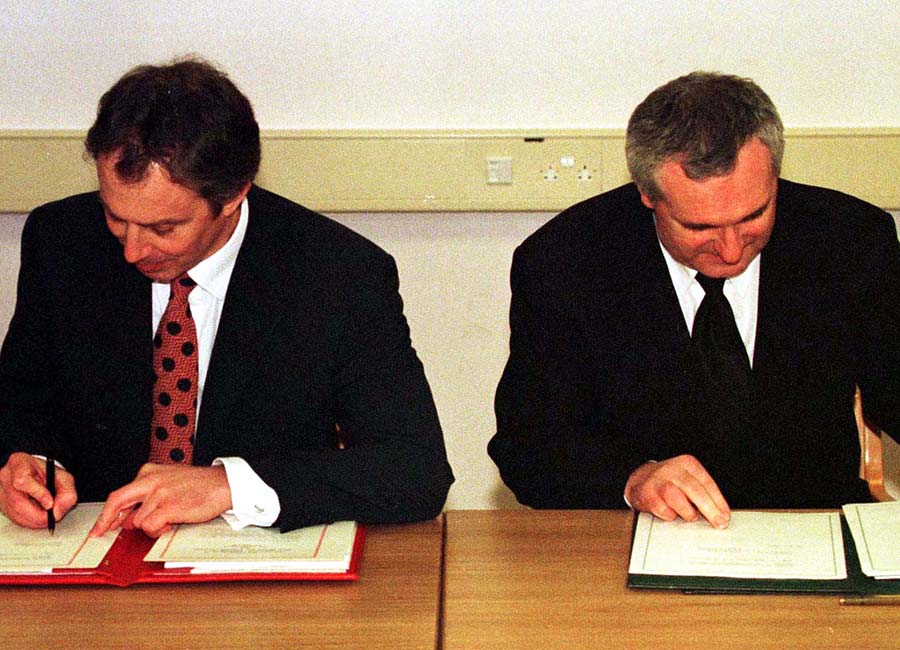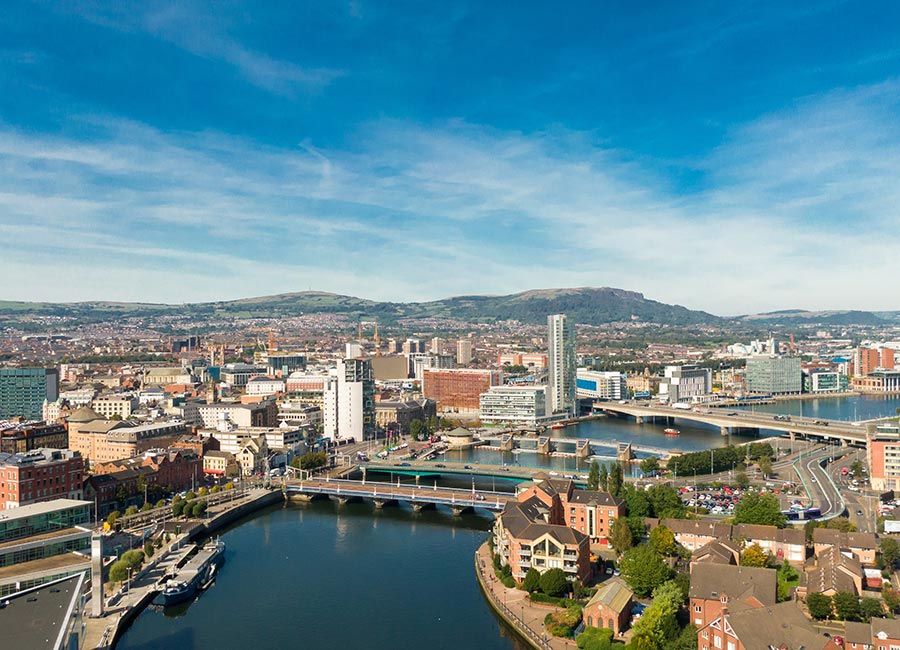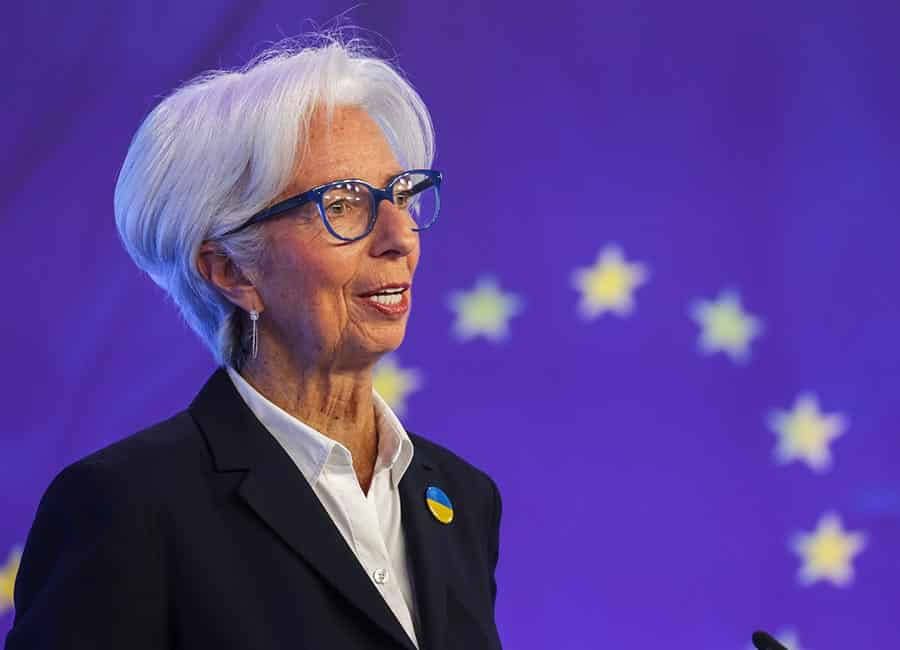The North's economy has been transformed since the Good Friday Agreement, analysis has concluded.
Since the accord was signed in 1998, outside investment, trade, tourism and infrastructure investment have increased prosperity and life expectancy and attracted new residents.
Tourism has benefited most, with the number of overseas visitors more than doubling from 1.3 million to three million. Scheduled air routes to the region more than tripled, handling 8.8 million passengers (up from 4.4 million in 1998), while annual cruise visitors leapt from just over 1,000 to 280,000 in 2019.
One of the most notable changes identified has been the growth of the private sector and a reduction in the region's traditional reliance on public sector jobs. This has included investment in sectors such as cyber security, fintech and analytics, which have helped make it a world-leading tech hub.
GDP has more than doubled from £19.8bn in 1998 to £43.7bn in 2020, according to the economic analysis by trade and investment advisory firm OCO Global. Overall, it found the economy has performed well with average GDP per capita increasing from £13,391 to £25,575, one of the largest improvements of any UK region.
Mark O'Connell, chairman of OCO Global, said when he set up the firm in Belfast in 2001 there was a "palpable sense of confidence" that the region was about to take off economically.

"With the Windsor Framework offering substantial improvements to the operation of the NI Protocol, OCO forecasts that the local economy (GDP) has the potential to grow by 50% to £66bn (€75bn) in the next decade," he said.
"The percentage of people claiming good health has increased from 70% to 79%, we have a more diverse community with almost 5% of residents now from outside the North (compared to just 1.8% in 1998) and numbers in fulltime education have increased by 50% to 66,000," Mr O'Connell added.











